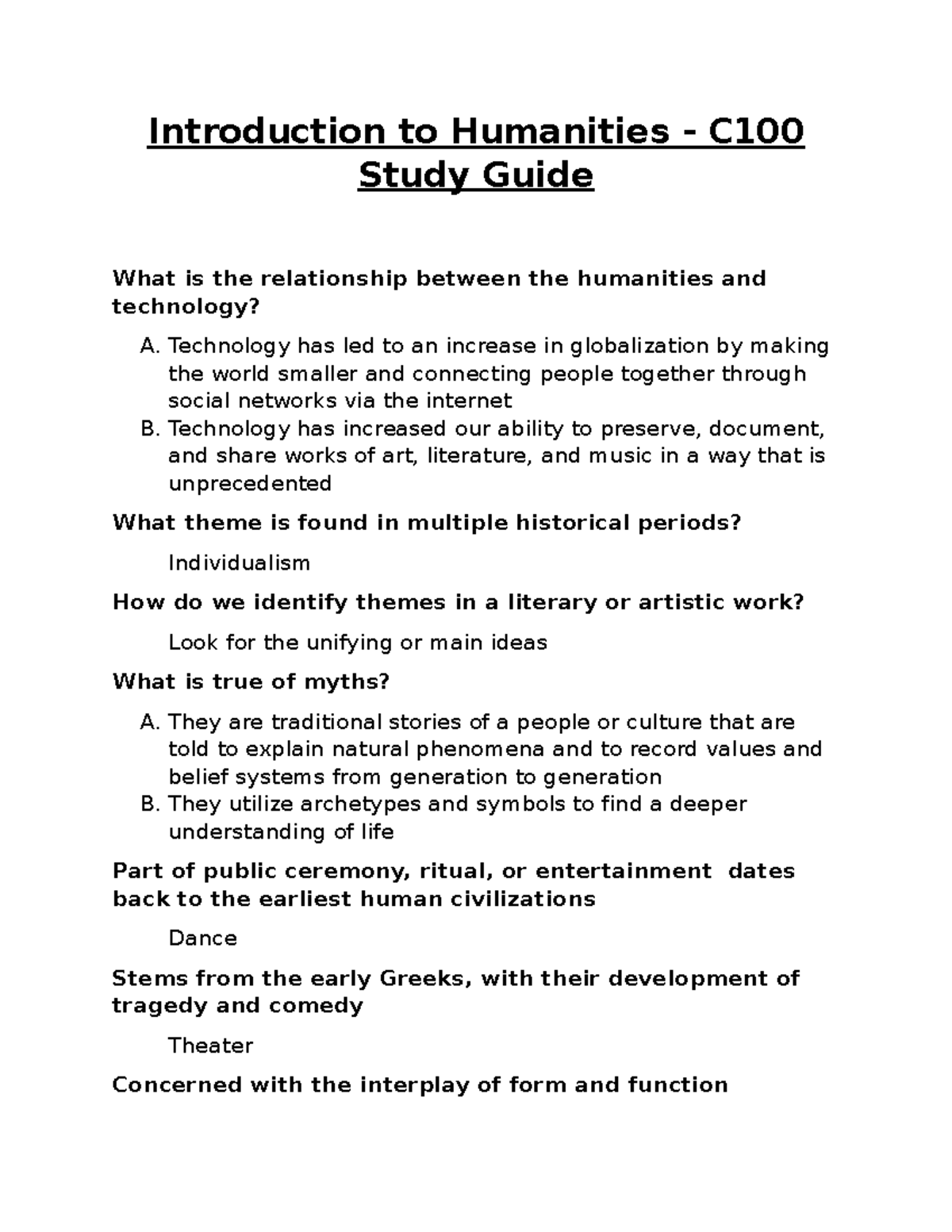Elegy, a poignant form of poetry, serves as a vessel for expressing profound sorrow and honoring those we have lost. This art form resonates deeply within the human experience, especially as communities grapple with grief and loss in the wake of significant events like the pandemic. In a recent workshop hosted at Harvard’s Woodberry Poetry Room, participants gathered to explore their feelings through the creation of elegies, guided by esteemed poets Karen Elizabeth Bishop and David Sherman. Such workshops not only foster a creative writing community but also provide a therapeutic outlet for individuals seeking to voice their emotions in a collective space. The Elegy Project, particularly, aims to make the experience of mourning less isolating, offering participants a supportive environment where their voices can be heard and celebrated.
Elegiac poetry encapsulates the essence of reflection, mourning, and remembrance, acting as a bridge between the living and the departed. Often crafted in moments of solitude, these poems articulate the complex emotions associated with loss, making them universally relatable. Recent initiatives like the public poetry project, which encourages individuals to share their elegies within their communities, highlight the significance of this poetic tradition in processing grief. By engaging in poetry workshops, participants not only refine their craft but also connect with one another, contributing to a larger dialogue around sorrow and healing within the creative writing community. Ultimately, these gatherings nurture a space where artistic expression meets emotional honesty, offering solace in the shared human condition.
The Impact of Elegy in Contemporary Poetry
Elegy, a poignant expression of grief and remembrance, serves as a vital bridge between personal experiences and universal connections in contemporary poetry. In the wake of the COVID-19 pandemic, many have found solace and a way to articulate their loss through the elegiac form. This resurgence of interest highlights not only the timeless nature of elegies but also the communal need to process grief collectively, especially in spaces like the Woodberry Poetry Room. Workshops led by passionate poets, such as the recent sessions conducted by Karen Elizabeth Bishop and David Sherman, have ignited discussions around grief, encouraging participants to delve into their own narratives and experiences of loss.
The Elegy Project exemplifies a modern approach to engaging with this tradition, emphasizing that poetry is not merely an individual pursuit but a communal experience. As poet Peter Gizzi, noted for his collection ‘Fierce Elegy,’ aptly stated, elegy is an essential thread that unites us in our shared human condition. Engaging in workshops where participants craft their own elegies allows individuals from diverse backgrounds—ranging from doctoral candidates to retirees—to resonate with the themes of loneliness and loss, illustrating the power of community in the creative writing journey.
Exploring the Benefits of Poetry Workshops
Poetry workshops, like those held at the Woodberry Poetry Room, provide invaluable spaces for individuals to navigate complex emotions surrounding grief and loss. These sessions encourage participants to express their thoughts and experiences in a supportive environment, fostering creativity and personal growth. By utilizing prompts and engaging with curated poetry collections, attendees are provided with a structured yet flexible framework to explore their emotions. This dynamic process not only enhances their writing skills but also cultivates a sense of belonging within the creative writing community.
Moreover, the collaborative aspect of these workshops amplifies the healing process. As participants share their works, they find common ground in their experiences, forming bonds that alleviate the isolation often felt during times of grief. Karen Elizabeth Bishop and David Sherman’s initiative exemplifies this sentiment, as they actively work to make poetry accessible and inclusive through innovative public poetry projects. By placing poem cards in public locations, they encourage spontaneous engagement with poetry, fostering a broader dialogue about loss and the importance of community in processing our sorrows.
Embracing Community Through the Elegy Project
The Elegy Project creatively addresses the isolation many felt during the pandemic by fostering a community dedicated to shared mourning and expression. Participants in the workshops have reported feeling less alone in their grief as they engage with each other’s stories and write their own elegies. This initiative emphasizes that poetry is not only a means of personal reflection but also a collective tool for navigating the complexities of loss. The public poetry project aspect demonstrates the commitment to bringing poetry outside of traditional confines, ensuring it reaches those who may benefit from its healing capabilities.
By actively disseminating elegies in public spaces, Bishop and Sherman not only honor the memory of those we’ve lost but also invite others into conversations surrounding grief and healing. The workshop’s inclusive nature encourages individuals to step out of their comfort zones, reinforcing the idea that poetry can be a communal lifeline. In this manner, the Elegy Project plays a significant role in the creative writing community, reminding us that in our darkest moments, we are often intertwined through shared experiences, opening avenues for dialogue and connection.
The Role of the Woodberry Poetry Room in Poetry Education
The Woodberry Poetry Room serves as a vital hub for poetry education and community engagement. As the heart of many significant workshops and public poetry projects, it has become a sanctuary for writers and poetry enthusiasts alike. The environment fosters creativity, allowing individuals to explore various poetic forms, including the deeply emotive elegy. With its extensive collection and dedicated staff, the Poetry Room not only preserves literary traditions but actively engages with contemporary themes of loss, remembrance, and community.
Within this nurturing space, individuals from different walks of life come together to share their experiences and craft their voices. Programs like those offered in the Elegy Project exemplify how the Poetry Room bridges the gap between isolation and communal support. By creating accessible opportunities for expression, such workshops encourage participants to find their unique voices, ultimately enhancing their poetic journeys while fortifying the fabric of the creative writing community.
The Importance of Accessibility in Poetry
Accessibility in poetry is crucial, as it allows a broader audience to engage with complex emotions like grief and loss. Poetry, often viewed as an elite art form, can have transformative power when made available to the public on their terms. The Elegy Project embraces this principle by distributing elegy poem cards in everyday spaces, making poetry not only a form of art but a part of daily life. Such initiatives democratize access to poetry, showing that the exploration of personal pain and reflection on loss is relevant to everyone.
The commitment to making poetry accessible is echoed by the Woodberry Poetry Room’s outreach efforts, which prioritize inclusivity in their workshops and programs. By opening the doors of poetry to individuals who may never have considered themselves writers, these initiatives emphasize that everyone has a voice worth sharing. Encouraging participation from diverse backgrounds enriches the community, illustrating that poetry can resonate regardless of one’s literary expertise, reminding us all of our shared humanity.
Creating Conversations Around Grief and Loss
Creating conversations around grief and loss is a central theme of the Elegy Project, fostering an essential dialogue that many may find difficult to initiate. Through workshops hosted at locations like the Woodberry Poetry Room, participants are encouraged to express their feelings and share their experiences, providing a safe space for exploring deep-seated emotions. By framing these discussions within the context of poetry, individuals can articulate their grief in a structured manner, allowing for a more profound understanding of their feelings while connecting with others.
The act of writing elegies becomes not only a personal endeavor but a communal experience where stories of loss are shared and affirmed. These dialogues break down barriers, transforming solitude into solidarity and creating a network of support among participants. By bringing these conversations into the light, the Elegy Project actively works against the stigma of grief, promoting healing through shared vulnerability. Such initiatives encourage people to recognize that while grief can feel isolating, it is ultimately a universal experience that binds us all.
Utilizing Poetry for Emotional Healing
Utilizing poetry as a tool for emotional healing has become increasingly relevant, particularly in the wake of collective traumas such as the pandemic. As participants craft elegies in workshops, they tap into a reservoir of emotions that can be cathartic and transformative. The structured yet creative approach provided in these settings allows individuals to thoughtfully articulate their grief while also exploring the complexities of their feelings. Engaging with poetry offers a unique outlet for those struggling to find the right words during times of loss.
Furthermore, the collaborative aspect of these workshops promotes healing through shared creative expression. As participants share their elegies and stories, they experience the profound effects of empathy and understanding, reinforcing the notion that art can serve as therapy. By connecting with others who may have experienced similar losses, individuals can find solace, validation, and community. This powerful intersection of poetry and emotional healing within the Elegy Project exemplifies the role that creative writing can play in navigating life’s toughest challenges.
The Significance of Workshop Dynamics
The dynamics of poetry workshops play an essential role in fostering creativity and community engagement. In the case of the Elegy Project, the collaborative atmosphere encourages participants to step outside their comfort zones, share their creative works, and support one another in their poetic endeavors. This interaction not only facilitates individual growth but also nurtures a collective spirit that enriches the entire workshop experience. As attendees draw inspiration from each other and the curated collections, they discover newfound perspectives on their artistry.
Additionally, the workshop leaders, such as Bishop and Sherman, provide crucial guidance and support, further enhancing the creative process. By offering prompts and encouraging experimentation, they create an environment where participants feel safe to explore their emotions and craft their elegies. The resulting dynamic highlights the importance of community in the creative writing journey, demonstrating that collaboration and shared experiences can elevate personal expression into something truly profound.
Engaging with Poetry Beyond the Page
Engaging with poetry beyond the written page is vital for nurturing a vibrant creative writing community. The Elegy Project exemplifies this by placing poetry in everyday public spaces, encouraging spontaneous reactions and conversations around grief and loss. This approach not only elevates the poetic form but also invites individuals to consider poetry as an active part of their lives, fostering deeper connections between personal experiences and collective emotion. Whether through engaged readings, workshops, or public poetry cards, the project constructs a bridge between the literary world and everyday life.
Moreover, the workshops at the Woodberry Poetry Room allow participants to experience poetry as a living, breathing conversation. By creating environments where individuals can share their works and responses to prompts, participants are reminded that poetry is not just for consumption but rather an interactive medium. This engagement opens doors to new interpretations and connections, reinforcing the idea that poetry can inhabit all aspects of our existence, transcending the confines of traditional literary spaces.
Frequently Asked Questions
What is the purpose of the Elegy Project in relation to elegy workshops?
The Elegy Project aims to engage the community by facilitating workshops that explore the tradition of elegy and its connection to grief and loss. By offering poetry workshops at the Woodberry Poetry Room, participants can honor their emotions and create a communal experience around writing elegies, making the process of grief less isolating.
How does the Elegy Project utilize elegy in public poetry initiatives?
The Elegy Project utilizes elegy by distributing poem cards in public spaces to engage strangers in conversations about loss and memory. This public poetry initiative seeks to make the experience of grief more accessible and relatable, fostering connections among individuals dealing with their own personal elegies.
Can anyone participate in elegy workshops at the Woodberry Poetry Room?
Yes, the elegy workshops at the Woodberry Poetry Room are open to everyone. Participants from diverse backgrounds, including those who write poetry privately and those new to creative writing, are encouraged to join and explore their own elegiac expressions in a supportive community setting.
What themes in elegy are addressed during poetry workshops?
During poetry workshops, themes in elegy such as mourning, memory, and the human experience of loss are explored. Participants are guided through prompts that encourage reflection on personal experiences, allowing them to create elegies that resonate with their own stories of grief and consolation.
How does engaging with elegy enhance the creative writing community?
Engaging with elegy enriches the creative writing community by encouraging individuals to connect through shared emotional experiences. Workshops focused on elegy create a supportive environment that fosters dialogue, reflection, and growth among writers, helping them express their thoughts on loss and healing creatively.
What role does the Woodberry Poetry Room play in the Elegy Project?
The Woodberry Poetry Room plays a vital role in the Elegy Project by offering a dedicated space for poetry workshops, supporting the exploration of elegy as a poetic form. It provides resources, inspiration, and a community atmosphere where participants can share their elegiac works and connect with fellow writers.
How do elegy workshops help individuals cope with grief and loss?
Elegy workshops help individuals cope with grief and loss by providing a creative outlet for their emotions. Writing elegies allows participants to articulate their feelings, honor memories, and connect with others who may be experiencing similar sentiments, ultimately making the process of mourning feel less lonely.
Why are poetry workshops focused on elegy important for the community?
Poetry workshops focused on elegy are important for the community as they promote accessibility to poetry and encourage personal expression. They foster a sense of belonging and shared experience, enabling participants to explore their grief within a supportive environment that recognizes the universal nature of loss.
| Key Points | Details |
|---|---|
| Workshop on Elegy | Held at Harvard’s Woodberry Poetry Room, aimed at creating elegies reflecting personal loss. |
| The Elegy Project | Led by Karen Elizabeth Bishop and David Sherman, the project seeks to connect individuals through shared experiences of grief. |
| Public Engagement | Poetry cards are distributed publicly to encourage communal mourning and creativity. |
| Interdisciplinary Participation | Participants varied in background – from physicists to retired artists, highlighting poetry’s universal appeal. |
| Importance of Community | Events like these create dialogue and connection, helping individuals process their emotions through writing. |
| Access to Poetry | Emphasizes that poetry is for everyone and promotes equal access to creative expression. |
| Leadership in Poetry | Bishop teaches at Rutgers and Sherman at Brandeis, integrating their work with the project. |
Summary
Elegy, as a poignant form of poetry, uniquely captures the essence of mourning and remembrance. By creating spaces for collective expression and individual reflection, workshops like the Elegy Project not only honor personal experiences of loss but also foster community connections. These gatherings remind us that through the written word, we can navigate the complexities of grief together, reinforcing the idea that we are not alone in our sorrow.


